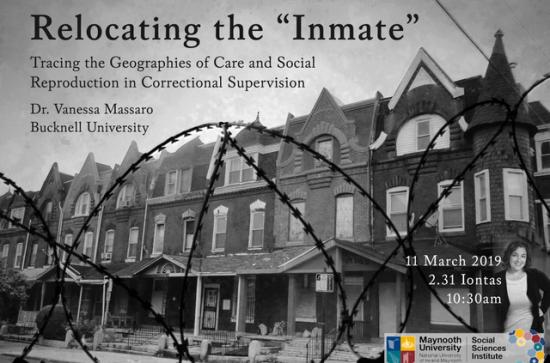
Abstract: Neoliberal governance spurs the contradictory drives of securitization and austerity in the US carceral system. Correctional and parole offices cost cut by relocating care, relying upon the work of Black women, their families and communities to provide myriad services to their incarcerated and paroled loved ones. Yet while their labor is vital to the reproduction and growth of this system, these same neoliberal processes work systematically to erase it. In doing so, they allow new kinds of unwarranted state surveillance through the private space of the home. In this article I critically analyze the austerity measures implemented by Pennsylvania's Department of Corrections, an institution that has undergone extensive reforms since 2012. To do so I bridge feminist political and economic geographies, examining state processes via an analysis of unpaid reproductive labor, everyday practices, and emotion. Through a three-year ethnographic study with the loved ones of incarcerated people, I show how the state externalizes the cost of supervision onto prisoners’ support networks, relying in varied ways on families for the care and surveillance of prisoners. I show that this covert strategy enables the state to claim reductions in prison populations while, in fact, maintaining containment of formerly incarcerated people. These findings urge increased attention to the state’s dependence on incarcerated people’s support networks, demonstrating the vital insights a feminist geographic perspective offers in this age of austerity.
Dr. Massaro is an Assistant Professor of Geography at Bucknell University. She holds a dual title degree from the Pennsylvania State University in geography and women’s and gender studies. Her research draws on mixed quantitative and ethnographic methods to explore the way spatially-segregated racial minorities, particularly Black people in the US, navigate the intersection of racism with broader forces of economic injustice. Her work has been published in Gender, Place, and Culture,Geopolitics,Geography Compass, and Territory, Politics, Governance.
